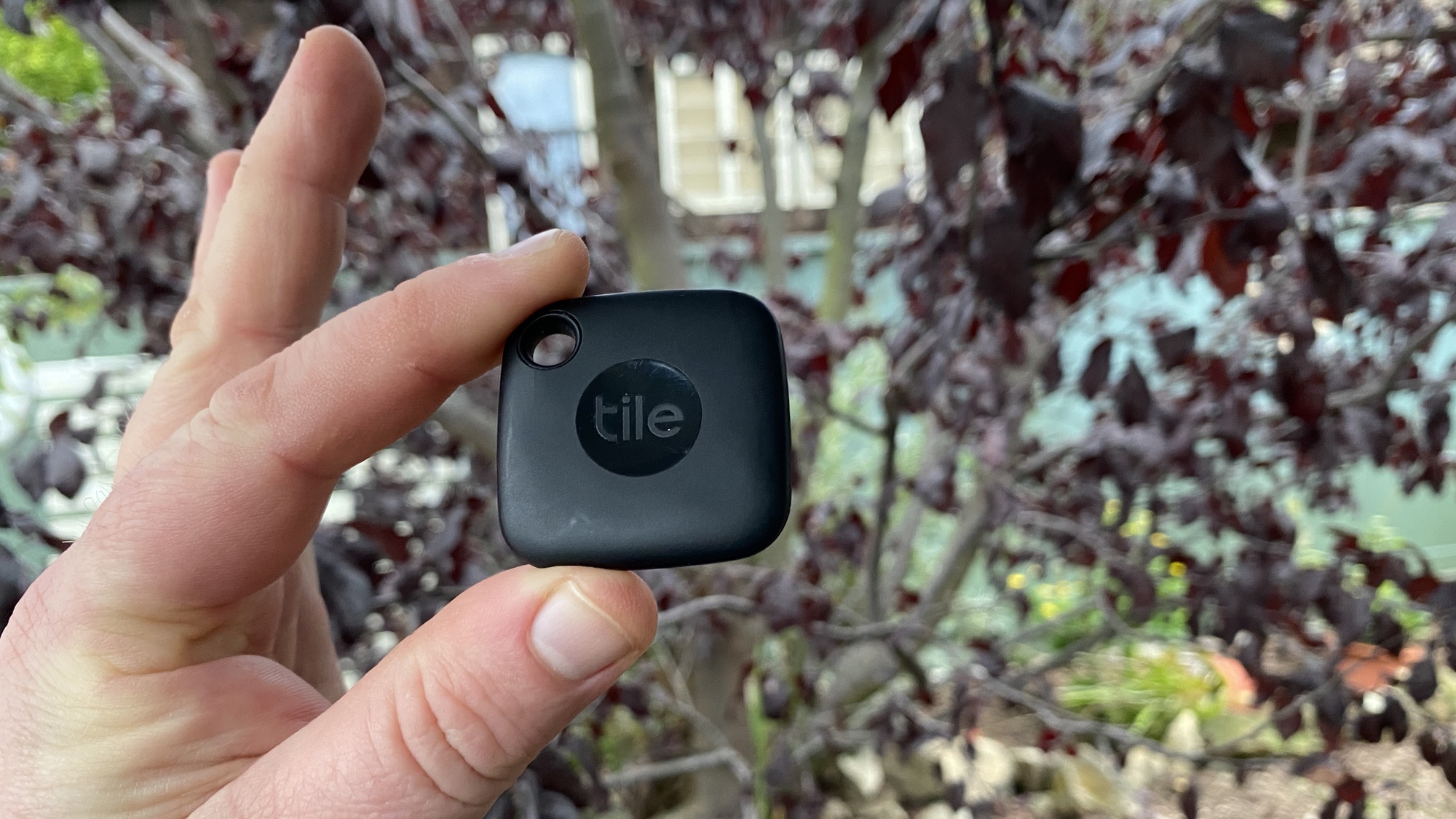Tile is giving its Bluetooth trackers a big upgrade to stop stalkers and thieves
New Anti-Theft Mode feature makes Tile’s trackers invisible to Scan and Secure

Tile is rolling out a new anti-theft feature to its Bluetooth trackers that will make them invisible from the Scan and Secure feature available in its app.
The company’s new Anti-Theft Mode is designed to protect people’s valuables from being stolen by increasing the chances of recovering them after the fact. According to a press release, Tile decided to launch the feature due to customer demand now that thefts and robberies are increasing.
Unlike with other Bluetooth trackers such as Apple’s AirTags, Tile doesn’t alert nearby smartphone users when an unknown tracker is traveling with them. The reason for this is simple: these notifications can let thieves know that a stolen item has a tracker on it which they can then remove. While these proactive notifications were designed to prevent stalking, they’ve actually made things easier for thieves.
If a Tile user enables Anti-Theft Mode on their trackers, it will be easier to recover their stolen items since they aren’t sending out notifications and are invisible to Scan and Secure.
ID verification required plus there’s a hefty fine for misuse
Anti-Theft Mode is now rolling out to all of Tile’s trackers, but there is a catch if you want to use this feature — you need to apply for ID verification to do so.
In a blog post, Tile explains that users must first agree to the terms and conditions of use before passing a three-stage ID verification process. This begins with a front to back ID comparison followed by a selfie to ID comparison, and the process is completed with a live check.
According to The Verge, Tile has partnered with an unnamed third-party identity verification provider to confirm that a user’s ID photo matches the multi-angle selfies they submit.
Get instant access to breaking news, the hottest reviews, great deals and helpful tips.
Besides ID verification, Tile also has a unique way to deal with any stalkers trying to abuse its Anti-Theft Mode. In the terms of service that users need to agree to before ID verification, there’s a clause that says they will be fined $1 million if they are convicted for misusing this feature.
Tile is also working alongside law enforcement to enforce this, and personal information can be shared with the police at its discretion even without a subpoena “to aid in the investigation and prosecution of suspected stalking”.
Tile’s Anti-Theft Mode is an interesting take on how to keep your valuables safe but whether or not you should enable it is entirely up to you. ID verification is never a fun process and you do need to submit quite a bit of personal information, but if it keeps your valuables safe the trade-off might be worth it.

Anthony Spadafora is the managing editor for security and home office furniture at Tom’s Guide where he covers everything from data breaches to password managers and the best way to cover your whole home or business with Wi-Fi. He also reviews standing desks, office chairs and other home office accessories with a penchant for building desk setups. Before joining the team, Anthony wrote for ITProPortal while living in Korea and later for TechRadar Pro after moving back to the US. Based in Houston, Texas, when he’s not writing Anthony can be found tinkering with PCs and game consoles, managing cables and upgrading his smart home.
 Club Benefits
Club Benefits





